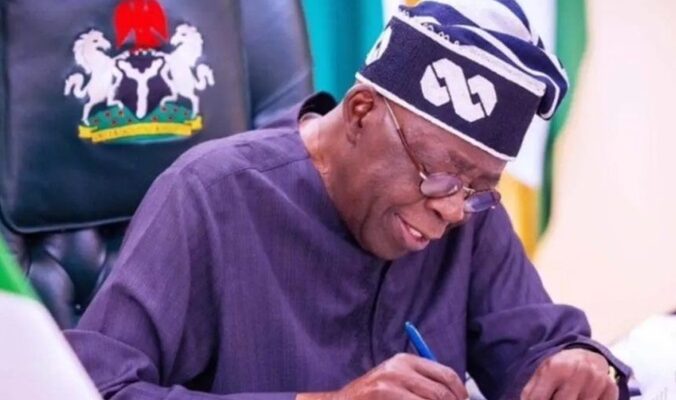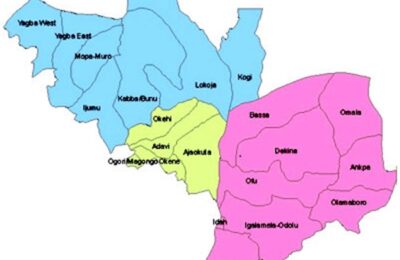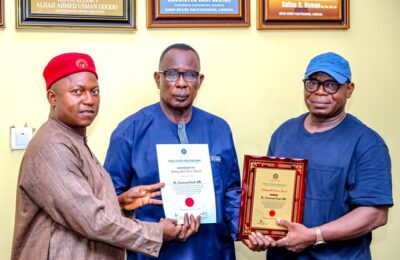President Bola Ahmed Tinubu’s pledge to drive Nigeria’s economy to 7% annual growth by 2027 lands like a high note in a weary orchestra. It stirs hope, but in economics, hope without structure is like a bridge without pillars — it may look impressive from afar, but collapse is inevitable under weight.
The numbers draw the first line of caution. At 3.13% GDP growth in Q1 2025, Nigeria would need to double its pace within three years — an athletic feat for an economy staggering under inflation above 30%, volatile foreign exchange rates, and chronic unemployment. Nobel laureate Amartya Sen once wrote, “Economic growth without investment in human development is unsustainable — and unethical.” The challenge here is not just acceleration, but ensuring that the speed benefits the people in the market stalls and motor parks, not only the stock exchange floor.
Tinubu’s roadmap hinges on energy reforms, infrastructure expansion, and fiscal discipline. The recent ₦4 trillion electricity sector bailout is one such push, designed to revive a sector that has dimmed factories and households alike. Yet Nigerians have learned that policy pronouncements often die before reaching the front doors of the average citizen. As Adam Smith observed in The Wealth of Nations, “What is prudence in the conduct of every private family can scarce be folly in that of a great kingdom.” Prudence here means cutting waste, guarding public funds, and translating bailout funds into actual light bulbs and humming machines.
Insecurity remains the largest shadow on the growth chart. Farmer–herder clashes, banditry on highways, and oil theft in the Niger Delta erode productivity from multiple fronts. No country leaps to sustained growth without securing the arteries of trade and agriculture. As John Maynard Keynes warned, “The avoidance of waste is the only path to lasting prosperity.” Nigeria’s current losses in food and oil supply chains are not just waste — they are wounds on the very body meant to run this economic race.
Globally, there are precedents. Ethiopia once posted double-digit growth by modernizing agriculture and nurturing manufacturing hubs. Rwanda’s climb was anchored on governance, stability, and intentional policy execution. These examples are not perfect mirrors for Nigeria’s vast and complex economy, but they underline a truth: reform without discipline is a seed planted on rocky soil.
For ordinary Nigerians, 7% growth will never be a number on a government chart. It will be stable rice prices that don’t double between planting and harvest. It will be electricity that powers both the freezer and the fan through the night. It will be jobs that match the flood of graduates walking out of universities each year. GDP, to matter, must first translate into GPD — “Gross People’s Dignity.”
Nigeria now stands at a decisive intersection. One road leads to the rare discipline of execution, where policy meets the people’s needs with the urgency of a farmer planting just before the rains. The other road is familiar — filled with fine speeches that fade like morning mist. As Chinua Achebe wrote, “A man who makes trouble for others is also making trouble for himself.” For this target to stand, the trouble Nigeria makes for its own growth — through corruption, insecurity, and waste — must be dismantled.
If the 7% drum truly beats, Nigerians will know. Not by the echo in the news cycle, but by the rhythm in their daily lives.
– Inah Boniface Ocholi writes from Ayah – Igalamela/Odolu LGA, Kogi state.
08152094428 (SMS Only)




